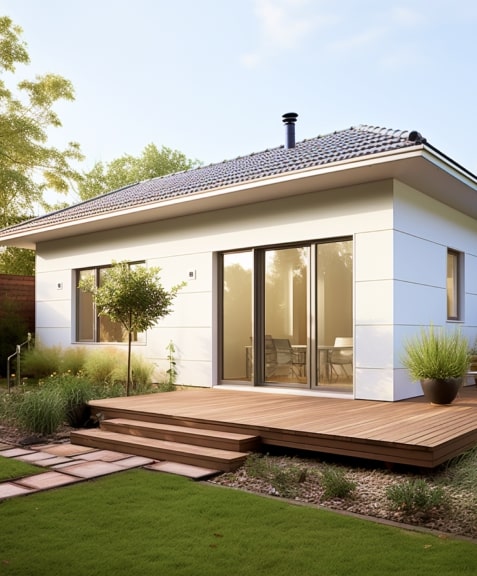
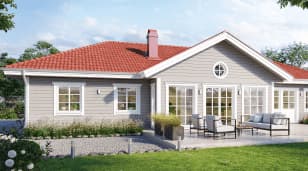
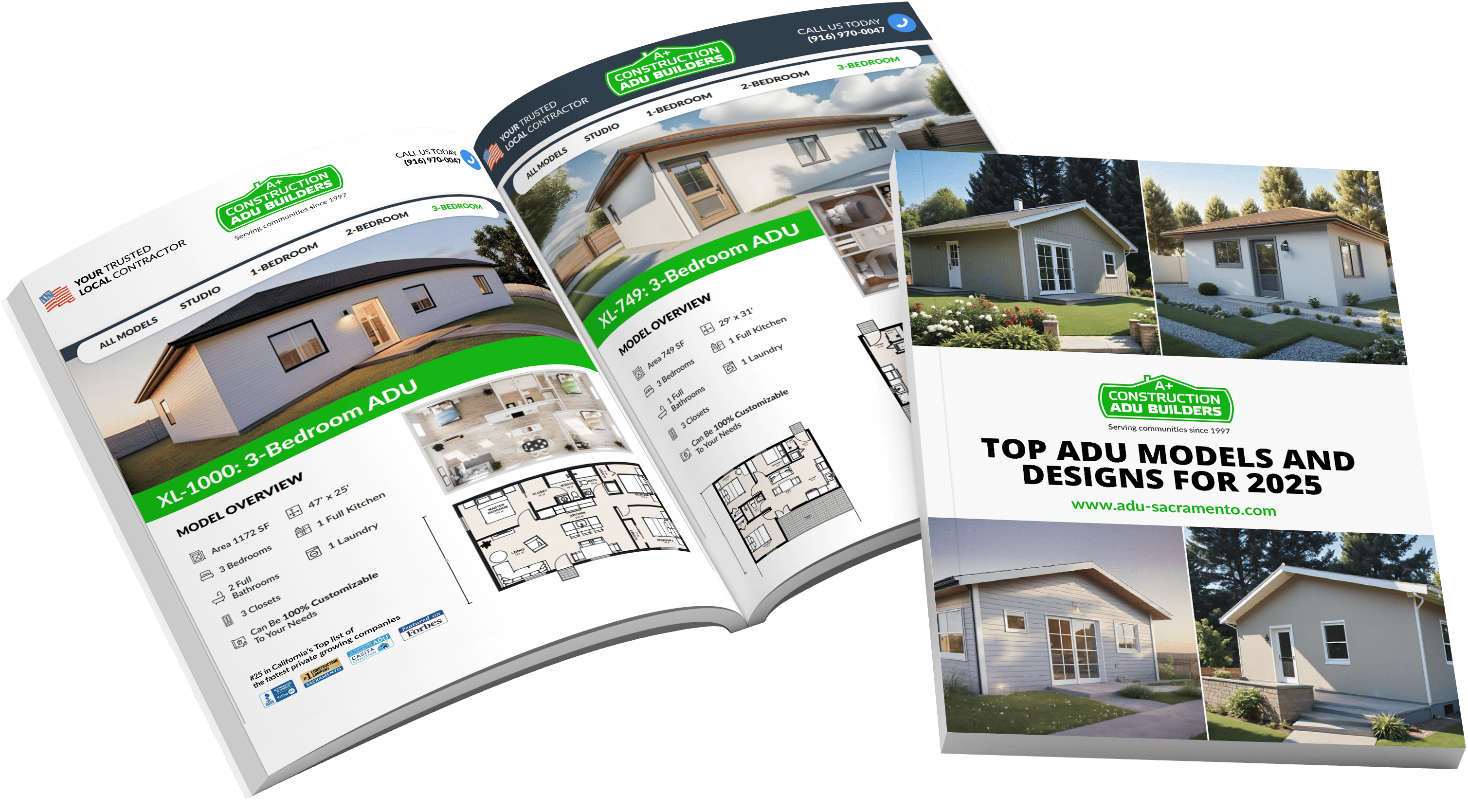

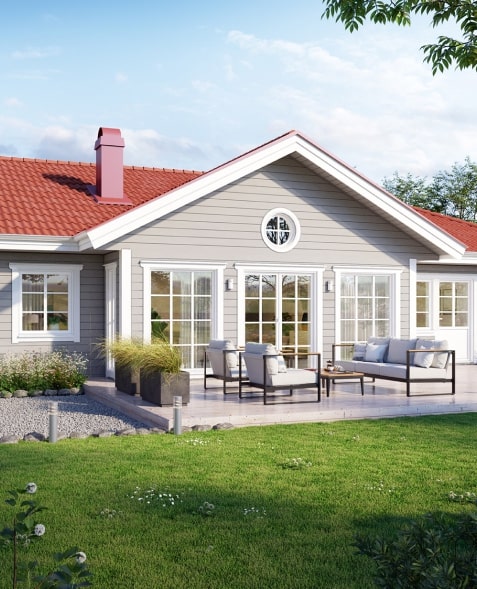
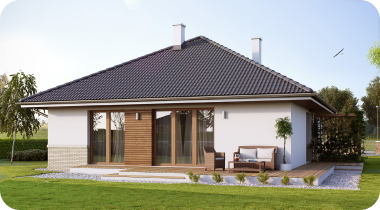
A link to download your FREE brochure will be in your inbox in 3 minutes
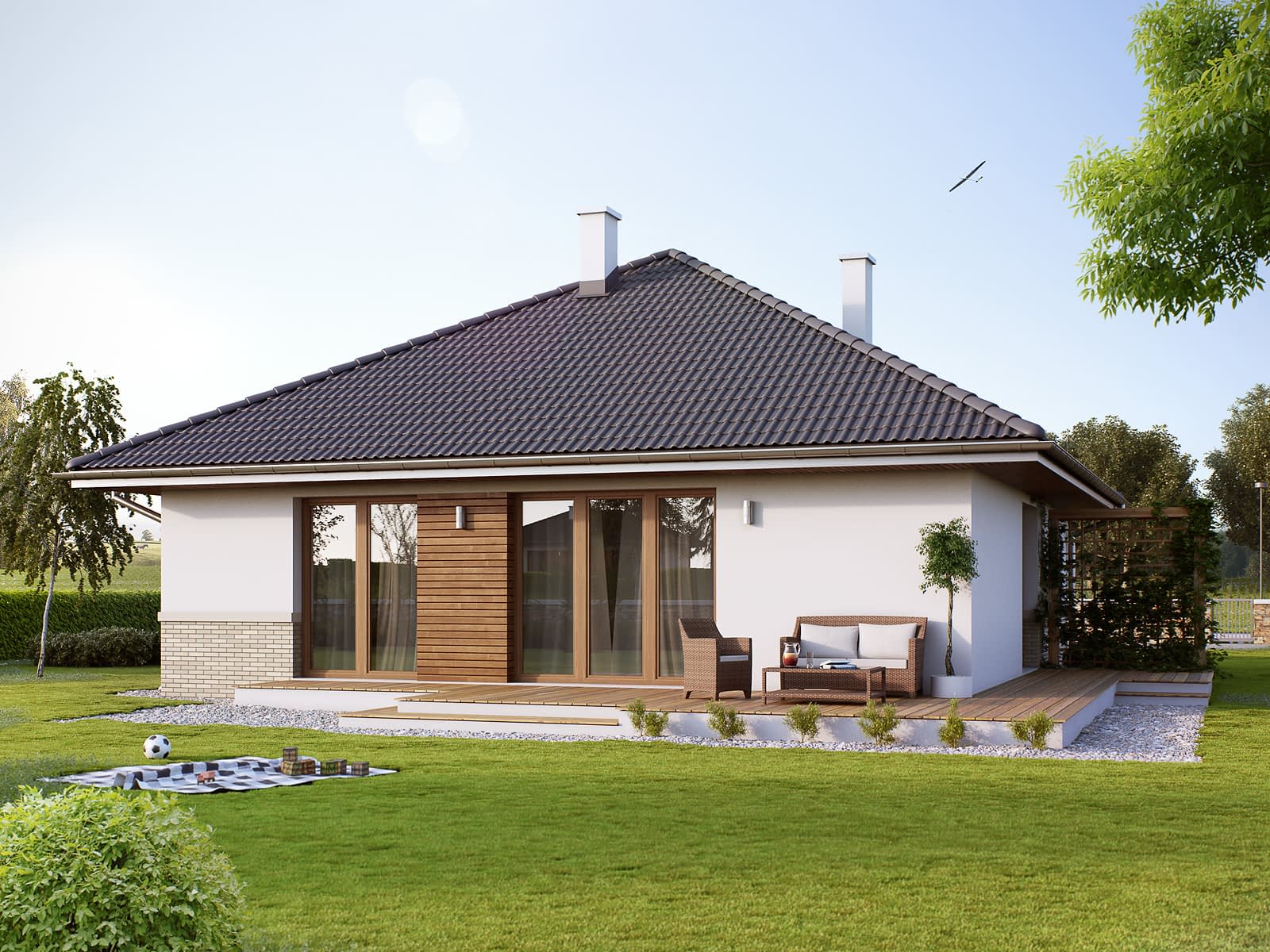





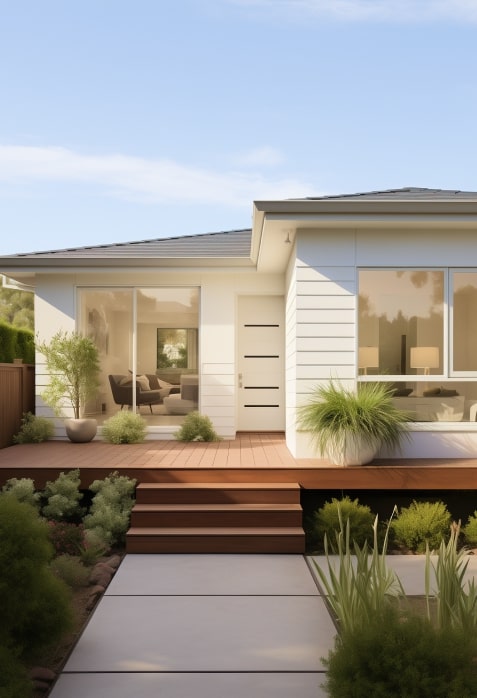
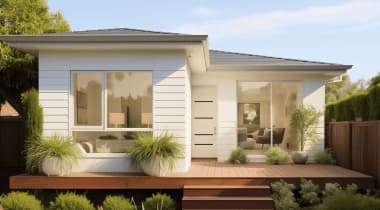











The final price may vary based on project specifics.
To get a free accurate quote tailored to your needs, book a consultation with us today!

The price per square foot provided is an average and may vary depending on project-specific details such as materials, location, complexity, and other factors. Actual costs may differ from the average provided.
It is recommended to obtain a detailed quote based on the specific requirements of your project.

Please note that the monthly payment displayed on this page is an estimate and is subject to variation based on the selected loan product, applicants credit score, loan amount, and other financial details. Actual monthly payment may differ from the estimate provided.
It is recommended to seek advice from a financial advisor or loan officer to obtain precise payment information tailored to individual circumstances.
 Your Trusted
Local Contractor
Your Trusted
Local Contractor
Has your curiosity ever been piqued by the acronym “ADU” popping up in real estate market discussions? If you’ve ever asked, “What is an ADU in real estate?” you’re certainly not alone. So, let’s unpack this concept and shed some light on why it’s a hot topic in today’s real estate landscape.
An Accessory Dwelling Unit, commonly known as an ADU, is a secondary housing unit on the same lot as the main house. It could be a detached structure or a conversion of an existing property within the primary residence. You might have heard of these structures under different names such as granny flats, carriage houses, basement apartments, or guest houses.
But why is this concept gaining so much traction? The answer lies in its ability to offer extra living space, generate income, and present a solution to affordable property issues.
Let’s now delve into the fascinating process of ADU conversion. It typically involves transforming a structure that already exists, like a garage, attic, or basement in an existing single-family home, into a separate, habitable living space. It’s about creatively leveraging real estate to unlock new potential. For example, for the convenience of every family member, the converted structure will have a separate entrance apart from the one that connects the existing home.
For instance, a garage conversion could create a cozy and comfortable ADU house, replete with all necessary amenities. Or, you might convert your underused attic into a charming loft apartment. Whatever the initial existing property, the aim is to turn it into an additional dwelling that brings value to your property, your lifestyle, and your wallet.
Understandably, you might wonder, how does all this work? What’s the fine print? Well, ADU programs are primarily governed by local ordinances and regulations. Each city or town has its own set of rules regarding what is allowed and what is not when it comes to ADUs.
For example, some cities may allow both attached ADUs (those that are part of the primary house) and detached ADUs (those that are separate structures). Others might only permit internal ADUs, like a basement apartment. Importantly, many cities are becoming more ADU-friendly due to increasing demand for affordable living spaces and rental housing.
When we talk about ADU plans, costs can vary significantly. It largely depends on whether you’re creating an ADU from scratch or converting an existing structure. The initial ADU cost can be daunting, but don’t let that discourage you. It is possible to finance your ADU construction through various means like savings, home equity loans, or renovation loans.
Moreover, while it’s essential to consider the cost, it’s just as crucial to think about the benefits. An ADU not only increases the value of your real estate but also offers a way to generate income through rent.
It’s like having a golden goose in your backyard, consistently laying eggs! You’ll have to feed it and take care of it initially, but with time, the goose starts paying for itself. And it is amazing how much value accessory apartments built on the same grounds as the main property can generate for a property owner.
Just like any other investment, ADUs come with their share of pros and cons. Before you delve into building an ADU, or investing in ADU real estate, it’s essential to weigh all aspects – read more about here – https://aplusconstructionremodeling.com/adu-builders/.
One of the most enticing aspects of owning an accessory dwelling unit (ADU) is the potential to generate income passively. Many homeowners rent out their ADUs to tenants for a steady flow of rental income. This additional income can help offset monthly expenses and even serve as a significant income source.
An ADU, whether it’s an attached ADU, a detached ADU, or an internal ADU like a basement apartment, can significantly increase your property’s value. This addition can make your property more appealing to potential buyers if you ever decide to sell.
ADUs offer versatile usage options. They can be used as a guest house, a separate property for an elderly family member, or as a rental unit. Different homeowners find them ideal for housing an elderly parent or other members of the family while maintaining a certain level of privacy.
In various cities where the housing stock is low, ADUs can offer a solution. They provide affordable housing options, which are often in short supply. Building an ADU, therefore, is not just a personal investment but also a contribution to the local community.
With ADUs, you can make use of the existing space in your primary residence. Whether it’s a garage conversion, transforming a basement, or converting a guest house, you can leverage your real estate without having to purchase a new unit.
Building an ADU requires a significant upfront investment. Costs include construction, permitting, and potentially higher taxes. Finda finances for the construction of an ADU can be a challenge, especially if you don’t qualify for a renovation loan or other financing options.
Local zoning laws can make it hard to build an ADU. It might be difficult to get the necessary permits, and there can be restrictions on the size, location, and appearance of the ADU. You may face additional challenges if you live in an area with strict rent control rules or if your ADU is unpermitted.
With an ADU, expect an increase in utility services and maintenance expenses. You’re essentially managing two units on one lot, each with its own needs and potential issues.
Adding an ADU means more people using the same area, which could strain existing infrastructure. This is particularly true if the main houses and secondary suites share utilities.
Having backyard cottages might bring you under the radar of local authorities for potential violations of local laws. Neighbors might also express concerns about increased traffic, noise, or other disruptions.
ADUs are much more than a trendy real estate term. They represent a dynamic shift in how we think about living space, property ownership, and housing affordability. They are a fantastic way to utilize real estate, provide housing for family members or renters, and increase the value of your property.
For many property owners, an ADU is not just a good investment; it’s a life-changing decision. It’s about creating a home within a home, a space that nurtures, supports, and sustains. And that, my friends, is the true magic of tiny houses.
Absolutely. An ADU can increase your property’s value significantly by adding to the total living space. Plus, it’s an attractive feature for potential buyers who might want the option of rental income.
Yes. One of the key advantages of having a granny flat is the potential for rental income. Legal norms may vary, so you’ll need to check regulations in your area.
Not necessarily. While building an ADU requires an initial investment, there are various financing options available such as home equity loans, construction loans, renovation loans, or even personal savings.
Typically, the creation of an ADU might increase your taxes, as it adds to the value of your property. The specifics will depend on your local tax regulations.
Absolutely! An ADU is perfect for housing elderly family members or even adult children who need their own space. It provides proximity with privacy.
While similar, the latter is generally not considered an ADU because it often lacks full kitchen facilities. However, ADU regulations vary by city, so it’s best to check the legal implications in your area.
Garage conversions can be an excellent way to add value to your property and create additional living or rental space. You need to weigh the cost of conversion against potential benefits to make the decision.
The mentioned regulations for ADUs vary widely by city and state. They typically cover aspects like the size of the unit, the number of allowed units, parking requirements, and owner-occupancy. Always check with your local planning department for accurate information.
Get a First Look at Real ADU Projects